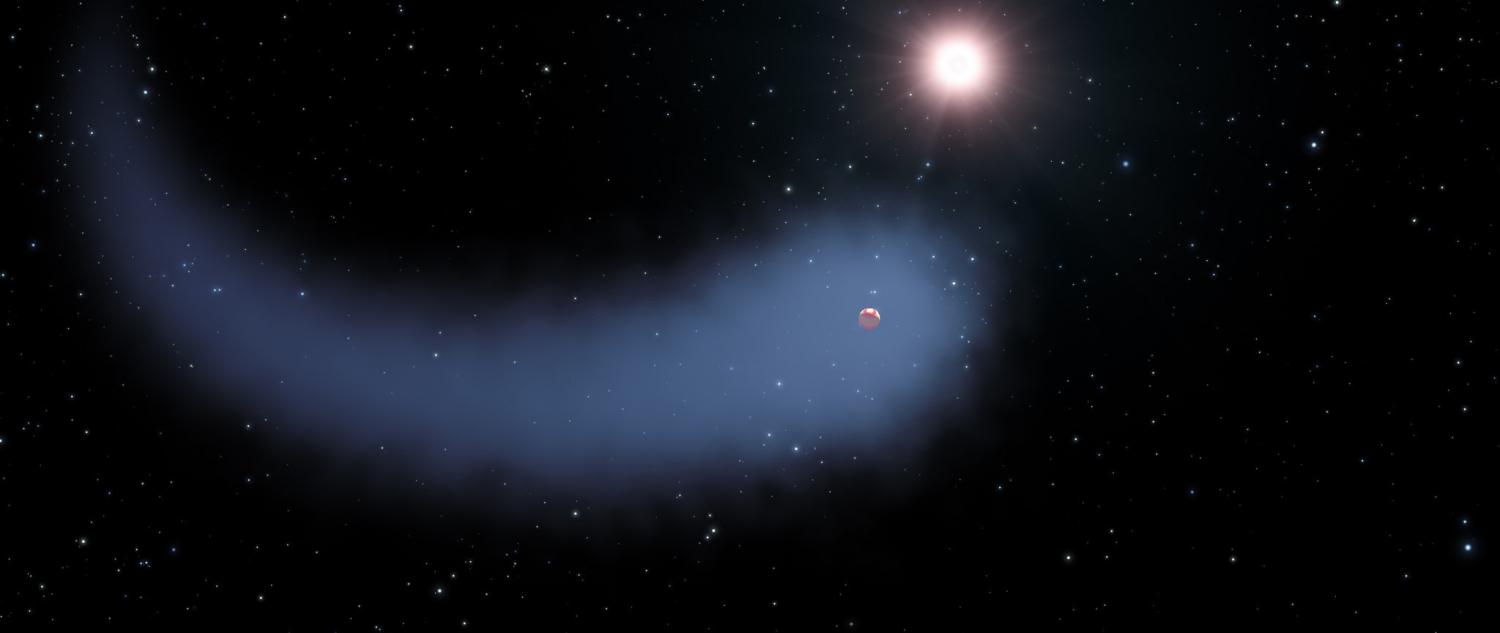The Australian government is considering the idea of an Australian space agency. At face value, this seems like a good idea. The world has been in the space age for generations, and Australia is lagging behind most industrial nations in its space capabilities.
Space is vital for agriculture, environmental monitoring and communications; that’s especially true for our own vast continent. Australia has become highly skilled at the analysis of remote sensing data from foreign satellites. We also have a smattering of research projects and pockets of innovation. Adelaide is a major centre of space activity for Australia, and in September that city will host the 2017 International Astronautical Congress (this analyst will deliver two papers there). This would not have happened without some local muscle in space, but it’s still not enough for a nation of our size and capabilities.
Australia has punched well below its weight in space for decades. Hopes of grand projects such as spaceports and indigenous launch systems have been regularly dashed. Private enterprise hasn’t really filled the gap left by generally indifferent governments on all sides of politics. Something needs to be done to boost Australian space capabilities.
But is an Australian space agency really the best remedy?
We have been through cycles like this before. Last century, we actually had a small Australian Space Office for a few years. It was never expected to be an Australian NASA, but this analyst does not believe it fulfilled its own rather limited potential. The underperformance of the Australian Space Office is one reason why governments and advisors have been shy of establishing any similar bodies. The CSIRO also had COSSA, its own internal space body, in roughly the same timeframe. It is also dust.
That does not mean that a new space body would flop. If we learn from history, it could achieve more. But lawmakers must take heed of the mistakes of the past, lest they be repeated.

